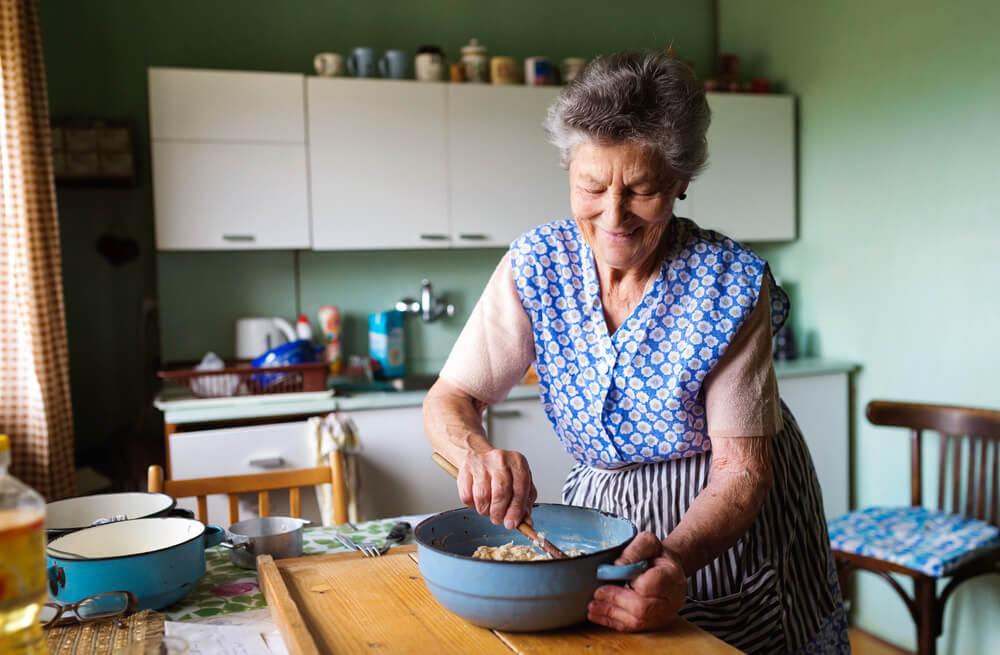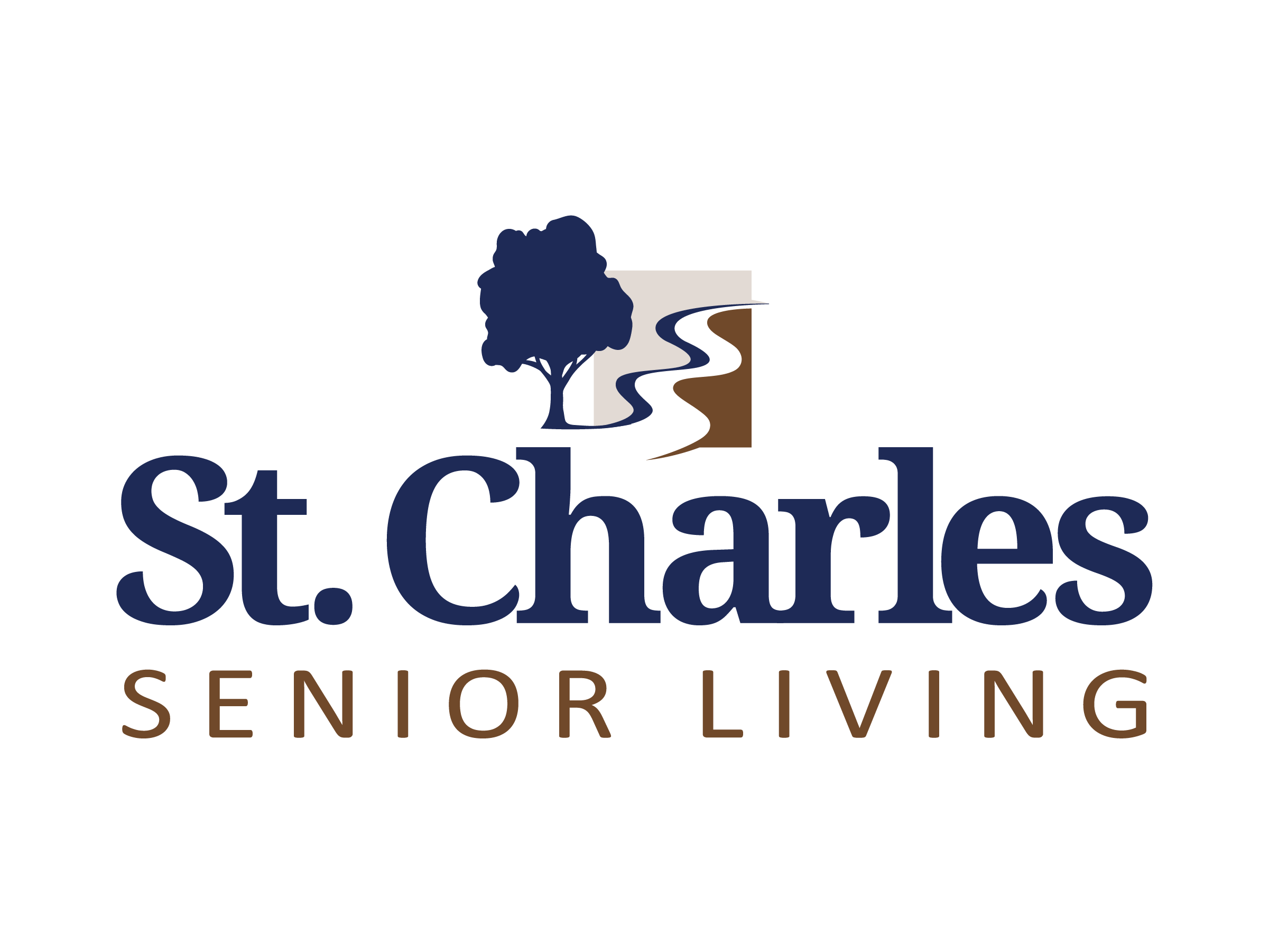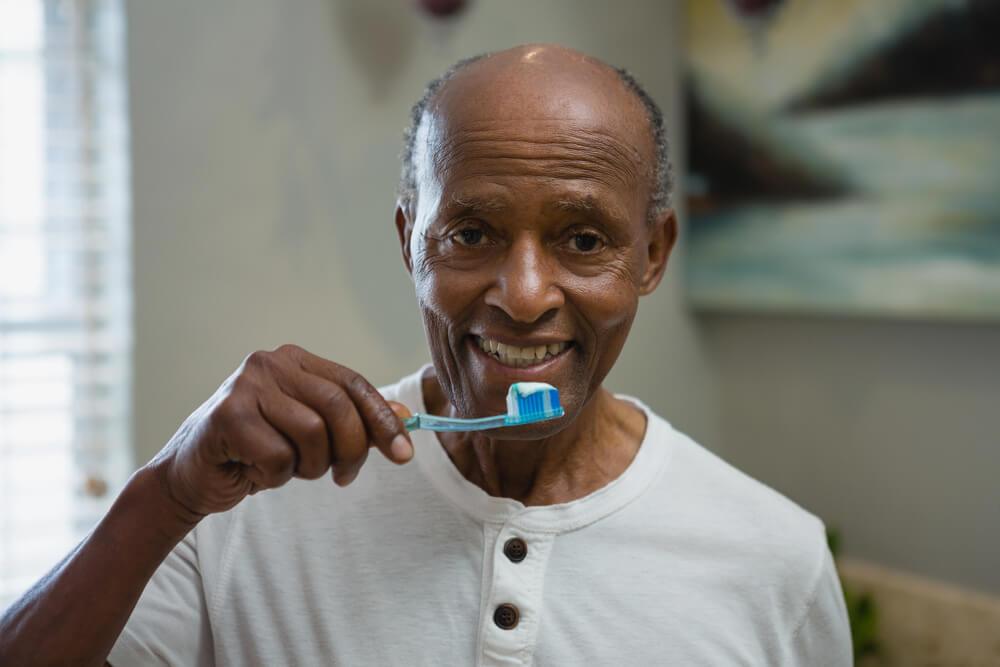Doctors and caretakers often throw around terms that you may or may not understand. That can cause serious confusion and perhaps even lead you to make poor care decisions. For example, if you have heard your doctor mention ADLs and IADLs, you may be wondering what they are. Here, we break down what ADLs and IADLs are, why they matter, and where to find support to help with them.
What Are ADLs?
Activities of Daily Living are basic tasks that people perform every day to maintain their basic health and wellness. Most healthy people can perform ADLs without help. For that reason, they are often used as indicators of a person’s ability to live independently. Providers also use your ability to complete ADLs to gauge of whether you need assistance and qualify for support services or certain benefits.
It is important to understand that having difficulty with one or two activities of daily living does not mean you cannot stay in your home or live a full life. If you are struggling with an ADL, you should discuss it with your healthcare provider or a trusted family member. They can help you get the assistance you need.
Examples of ADLs
ADLs divide into six main categories based on function, which are:
- Bathing and grooming yourself, including nail, dental, and hair care
- Control of bladder and bowel functions
- Eating and drinking on your own
- Getting dressed and undressed independently
- Moving from one position or place to another
- Use the toilet and clean yourself independently
Some examples of ADLs include being able to shower and dress yourself. Another issue that some people struggle with is mobility, which can impact other tasks such as getting in and out of a shower or bathtub.
What Are IADLs?
Instrumental Activities of Daily Living are things that people do during a typical day, but they are a little more involved than basic ADLs. While they are not usually functions needed for health and safety, they do form a core part of being able to live independently.
Examples of IADLs

IADLs are slightly more complex than ADLs. They are grouped into the following categories:
- Basic household cleaning
- Cooking and preparing meals
- Financial management
- Transportation
- Washing clothes and other laundry
Each category can have multiple examples. Consider financial management. It can mean balancing a checkbook, paying bills on time, and budgeting. Breakdowns in any of those skills can have serious financial consequences.
Why Are ADLs and IADLs Important for Independent Living?
People must be able to complete a certain number of IADLs to live on their own comfortably and safely. Without this ability, there could be serious risks. For example, someone who struggles to prepare meals because they forget the stove is on could cause a fire or burn themselves, and failing to do laundry or clean the house can result in someone living in unhygienic conditions.
Other breakdowns can be equally serious but for different reasons. For example, seniors who struggle with financial responsibility may be more likely to fall for scams that cost them significant amounts of money. They could also skip several bill payments and end up with the power cut off.
What Support Is Available for ADLs and IADLs?
Numerous support systems exist to help people who struggle to perform ADLs independently. Many are available in-home, while some require relocation.
Seniors who want to stay in their own homes and communities may find that hiring an in-home care assistant for a few days each week is sufficient. Caregivers may help with grooming and bathing. They may also cook meals, provide transportation, do laundry, change linens, and perform light housekeeping.
Most caregivers are not allowed to offer medical assistance or technical care. If you need more help, consider hiring a Certified Nursing Assistant or other medically trained professional.
Nonprofit organizations like Meals on Wheels provide daily meal deliveries to seniors who qualify. This delivery service helps those who cannot cook or get to the grocery store independently. It is also a lifeline for many people because it provides daily contact with another person.
For those who either don’t want to stay in their home or cannot do so safely any longer, community senior living options provide access to help with ADLs.
Do All Senior Living Communities Offer Help With ADLs and IADLs?
Not all senior living communities offer help with ADLs. Some are strictly independent housing where similarly aged residents can live safely and comfortably among their peers.
If you are exploring senior housing in your area, look for options that offer this type of assistance. Many popular housing choices provide assistance with ADLs and IADLs, as well as in-community medical assistance and enrichment activities.
Continuing Care Communities
Continuing care communities are older adult communities where various services are available. Many people in continuing care communities live independently, especially at first. The option to add assistance with ADLs, IADLs, and medical care is available if the services become necessary.
This flexibility allows residents to age in place once they move in. They are an excellent tool for long-term planning.
Residential Care

Residential care facilities usually offer private apartment-style housing with varying levels of help. Staff assists residents with grooming, dressing, and toileting. Many also offer prepared meals served in dining rooms.
In addition to help with ADLs, residential care communities often provide social activities, transportation, fitness programs, and religious services. Medical assistance is typically available should an emergency arise.
Memory Care Centers
These typically offer more in-depth services than residential care facilities that focus on supporting individuals with dementia and other cognitive disorders. Memory care staff is specially trained to provide enrichment and support for people with memory loss, confusion, and the emotional and behavioral changes accompanying them.
Skilled Nursing Facilities
Some patients, such as those with Parkinson’s disease or other limiting conditions, require more intensive medical care. They may require skilled nursing services for feeding tubes, IV therapy, and wound care. You can receive 24-hour medical assistance at a skilled nursing facility, which provides peace of mind for residents and their families.
Learn What ADLs and IADLs Are and Why They Matter
St. Charles Senior Living provides compassionate care and help with ADLs and IADLs for older adults in St. Charles, MN. If you want to know more about what ADLs and IADLs are, we can help. Schedule a tour of our facility today.

